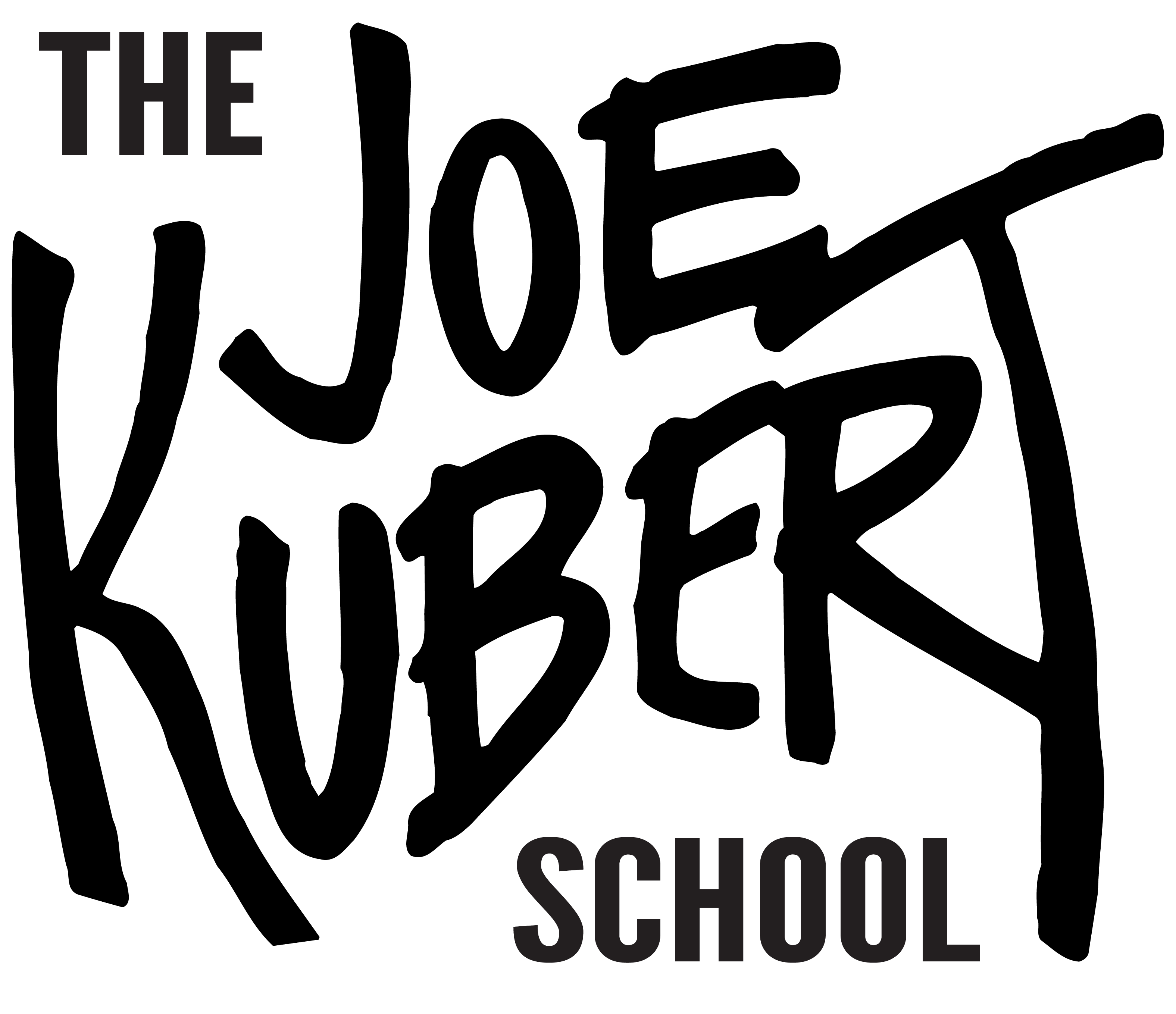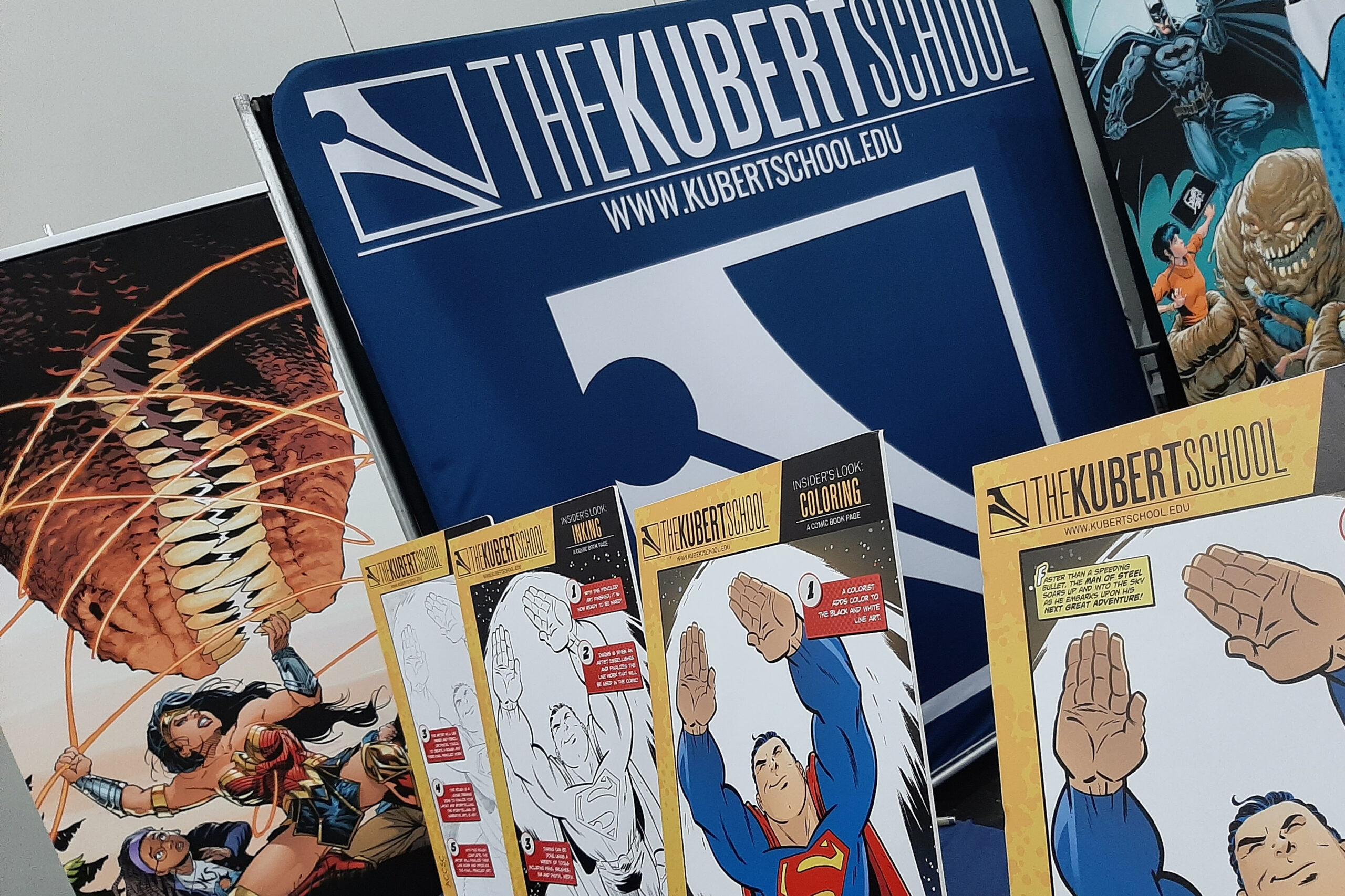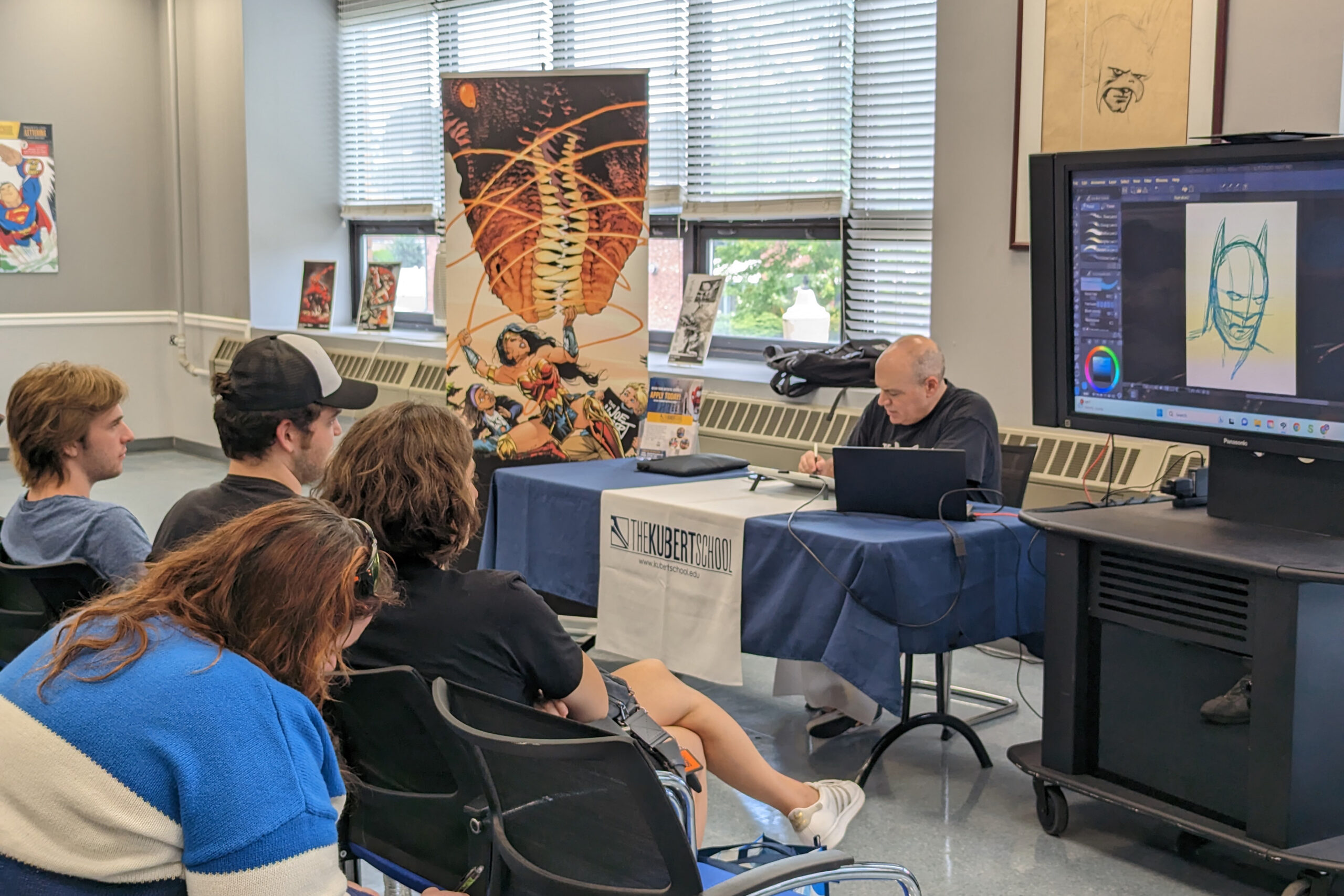International Students
Living and Studying in the USA
International Students choosing to study in the USA can find the adjustment of living here challenging. We understand students may become homesick and find it difficult to keep up with their studies.
Listed below is the necessary information for making your stay in the USA as easy as possible.
Visit www.edupass.org for more detailed information.
Social Customs and Cultural Differences
There are many nuances to life in the US that you can only learn by living here. Listed below is some helpful advice.
- When two people are talking to each other, they tend to stand a specific distance apart. Closeness ends a sense of intimacy that is at odds with their relationship to the other individual. Also, try to avoid physical contact while you are speaking, since this may also lead to discomfort.
- American names are written and spoken with the given name first and the family name last. So John Smith’s family name is Smith, not John. In a formal setting, address men as Mister (abbreviated as Mr.), married women as Misses (abbreviated as Mrs.), and unmarried women as Miss (abbreviated as Ms.). These days many women prefer to be addressed using the abbreviations Ms. or M., pronounced miz. If the person has an M.D. or Ph.D., they will often be addressed as Doctor (abbreviated as Dr.). Faculty are addressed as Professor (abbreviated as Prof.).
- When in doubt, use the formal manner of address, since it is better to err on the side of formality. It is also appropriate to ask how they prefer to be addressed.
- Americans are much more assertive than most international visitors. They use words as tools to express their opinions and to accomplish goals. Speaking for yourself and attempting to persuade someone to adopt your view are not only not taboo, but expected.
Eye contact is also important. It is not a sign of disrespect, but instead an indication of openness, honesty, and enthusiasm.
Living in the USA
Transportation
- In the US, drivers use the right side of the road versus many countries that use the left.
- If an emergency vehicle approaches with sirens and flashing lights, pull over to the side of the road to allow it to pass, even if it is approaching from the other side of the road.
- Automobiles in the US are equipped with turn signals that cause the front and rear lights to blink to indicate an impending turn. The left lights blink to indicate a left turn and the right lights blink to indicate a right turn. It is important to indicate your intention to turn left or right or to change lanes by using the appropriate turn signal at least 25 feet before the turn or lane-change. If you don’t use the turn signals, you may cause an accident.
- Many students survive with just a bicycle. It is economical, can provide transportation over short distances, and provides a good source of exercise.
- Most major US cities have two forms of public transportation: buses and trolleys. Trolleys are also known as the subway, underground, streetcars, metro, or light rail, depending on the region of the country.
Public transportation tends to be fairly reliable, with buses arriving within about 5 minutes of the scheduled times. We recommend getting a system map and the map for your local route, as the routes will be confusing until you become familiar with them.
Money and Banking
- The US Monetary System is a decimal system, with one dollar equal to one hundred cents. One dollar is written as $1 or $1.00. One cent is written as 1¢. One dollar and twenty-five cents would be written as $1.25. Dollar amounts are written with a comma every three digits, so one thousand dollars would be written as $1,000.00. Paper currency is used for amounts of $1 or more, and coins are used for amounts under $1. Paper currency is most often circulated in the following denominations: $1, $5, $10, $20, $50, and $100.
- A checking account is used to pay bills, such as rent and utilities, as well as everyday purchases. It isn’t safe to send cash through the mail. It also isn’t safe to carry large amounts of cash on your person, so you should pay for most of your purchases using a check or credit card.
- Traveler’s Checks are one of the safest ways to transport money. If the traveler’s checks are lost or stolen, you can easily get them replaced. Do not countersign the checks until you are ready to use them.
- Some banks will exchange foreign currency for a fee. No bank, however, will exchange foreign coinage. You can also exchange currency at the airport or at a major hotel
Safety and Security
- In most communities in the United States, but not all, dialing 911 on any phone will connect you to emergency services such as ambulance, fire, and police. You do not need to put money in a pay phone to dial 911. In cities that do not provide 9-1-1 service, there may be a specific local telephone number. Likewise, your college or university will have an on-campus emergency service with its own telephone number. You should memorize these telephone numbers.
- Another way to get emergency help is to dial 0, which reaches a telephone operator. Tell the operator that you have an emergency and the street address and city where help is needed.
- If you are arrested in the US for a serious crime, say nothing until you have spoken to an attorney. You have the right to remain silent. If you cannot afford an attorney, one will be appointed for you by the court free of charge. You will be given the opportunity to make one telephone call. You should use this telephone call to call your embassy or consulate.
Health Care
- Unlike other countries, the United States does not provide socialized medicine. Because medical care can be very expensive, it is important to have health insurance, even if the school does not require it.


